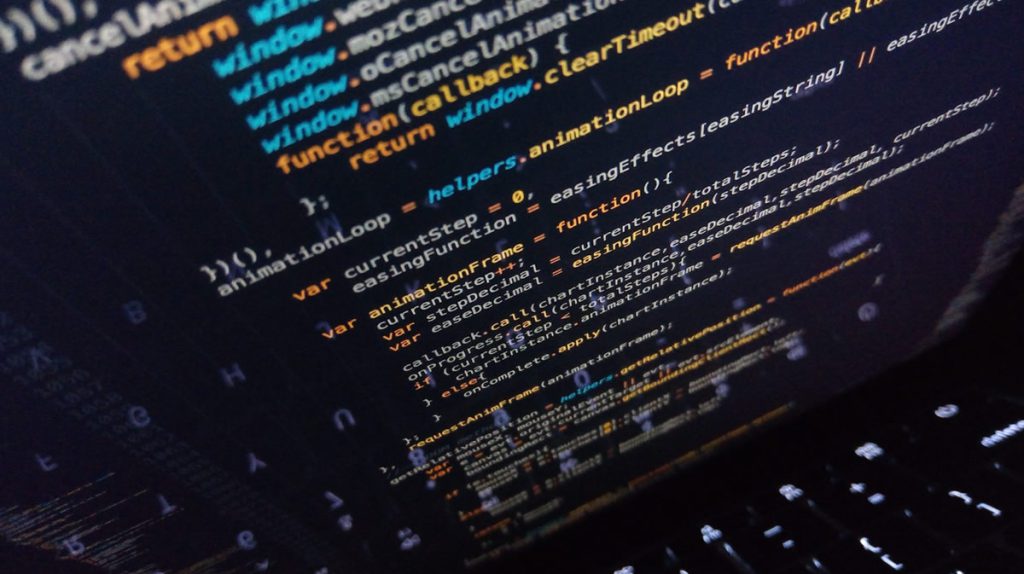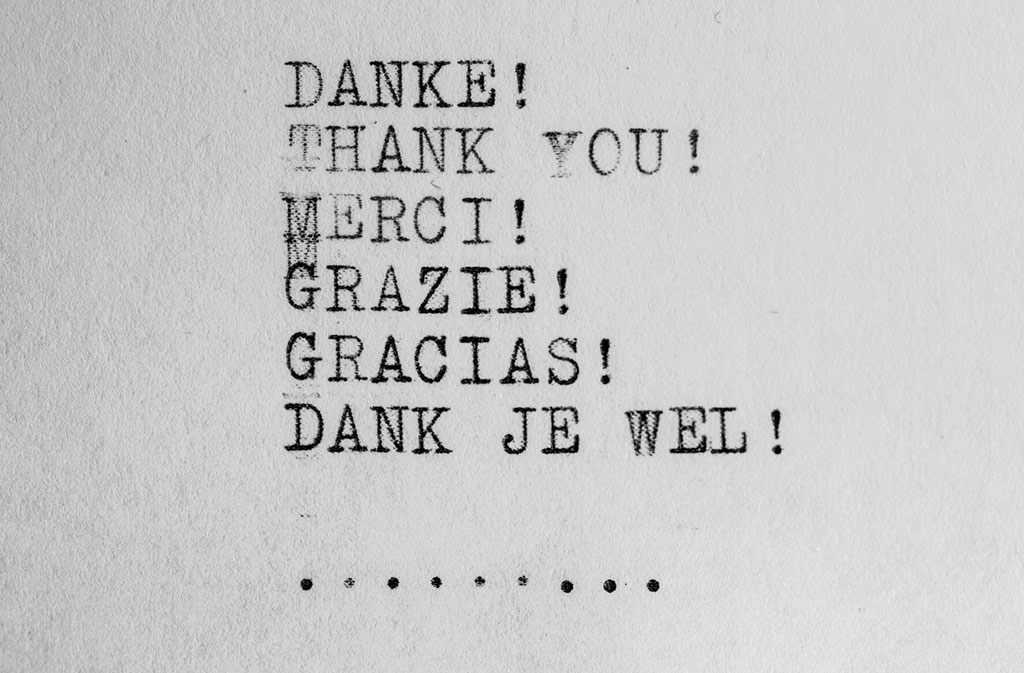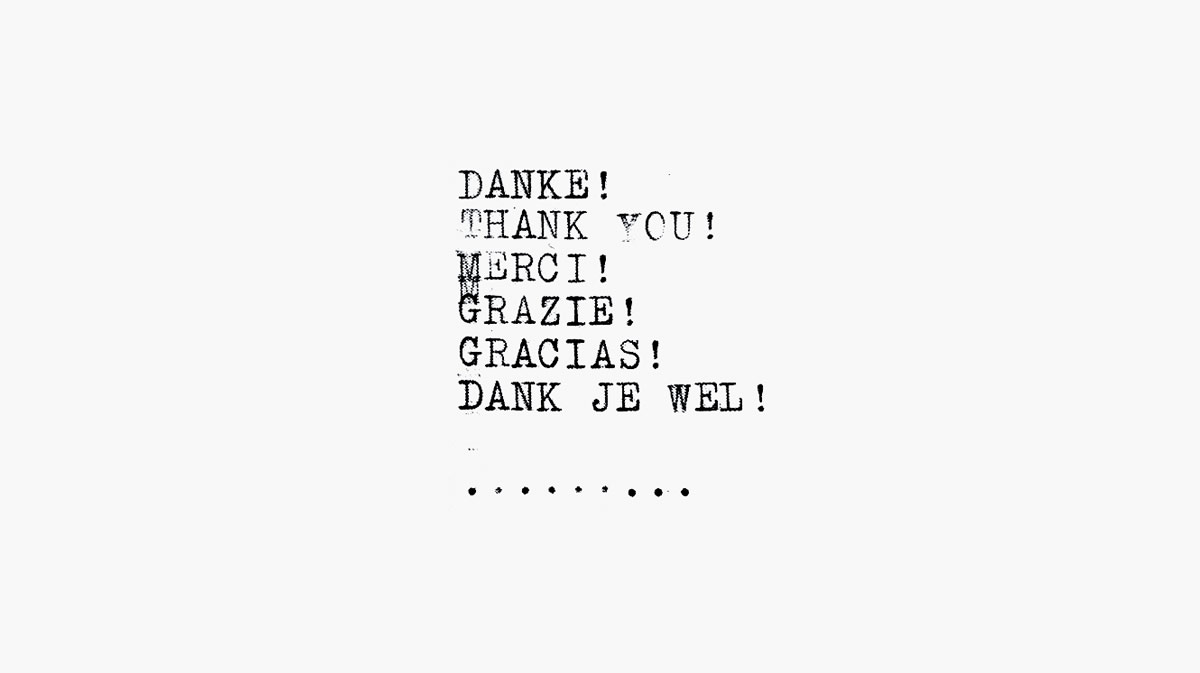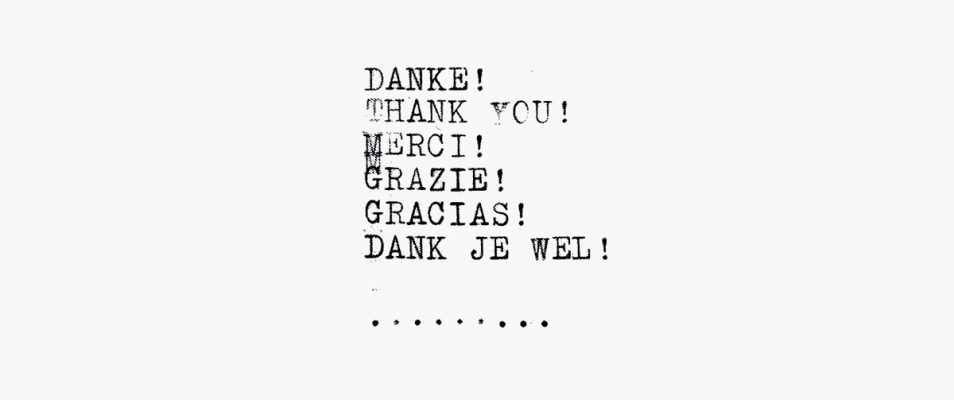The Activists Fighting Against Book Banning, Anonymous, and How They Are Linked to Professional Debates and Academic Literature
In my first blog post, I discussed how there has been a rise in the United States when it comes to censoring school curricula and materials available across school libraries. I mentioned how especially books related to LGBTQ issues have been targeted, and how this has caused outrage amongst countless students, many of which have been organizing together in order to demand the right to be able to read about such issues in their schools (Drabinski, 2023). According to Richard Heeks, Chair in Development Informatics at the University of Manchester, all states set limits on freedom of expression based on principles of harm to others; for example, banning expressions that are deemed blasphemous or racist. However, governments in certain countries go even further and set limits on online as well as offline expression based around perceived threats to the state. Heeks believes that from a liberal rights-based perspective, such actions represent encroachments on the right to freedom of expression (Heeks p. 273, 2013). Thus, it can be argued that in certain parts of the United States, and particularly in the state of Texas, the government has taken the liberty to set such limits on the freedom of expression by not allowing students to learn about and to read materials that are related to LGBTQ matters. Dr. Sonya Douglass, Professor of Education Leadership at Columbia University and a frequent professional debater on the subject, has stated that the banning of books contributes to the diminishing of the quality of education that students have access to, and serves to restrict their exposure to perspectives that are of importance and that form the fabric of a culturally pluralistic society like the United States. Douglass further argues that there is a lot at stake when books related to LGBTQ topics are banned. She states that it is highly problematic when the government decides to control what should be taught to young people in the country, and when they interfere with what is worthy of being included in the curriculum that students in the country are receiving (Douglass, 2023).
For context, book banning in America is not a new phenomenon. As a form of censorship, it began in what is now the United States as early as in the 17th century when it mainly centred on objections to political and religious texts deemed to be too dangerous and threatening to the general public, and it continues to exist to this day in its own shape and form. According to Elizabeth Yuko, a political journalist, bioethicist, and professional debater on the topic, there have been certain periods throughout American history in which a high number of groups and individuals have challenged what they consider to be “controversial” literature. Yuko further argues that the United States is going through such a period at the current moment. She claims that the movement to suppress already marginalized voices has picked up steam during recent years, and that there exists an increasing number of activists, parents, school boards as well as other types of local policy makers who are trying to seize the opportunity to enact restrictions and, if possible, fully fledged bans on books in schools as well as public libraries (Yuko, 2023). According to a recently released report by the non-profit organization PEN America whose goal is to raise awareness for the protection of free expression in the United States and worldwide through the advancement of human rights and literature, there were 1,477 instances found of books being banned only in the first half of the 2022-2023 school year. This constitutes an increase from the previous six months. Although it is possible to find classic literature on the list, most of the books that were challenged were ones that focused on LGTBQ related issues, discussed racism in the United States, or documented the experiences of African-Americans, Indigenous people, or other people of colour (Meehan & Friedman, 2023).
In the post about the mobilization of activists fighting against book banning, I mention Zeynep Tüfekçi’s argument that digital tools have made it much easier for activists to organize themselves in a much more horizontal and egalitarian manner. A lot of activist work now operates more as a network or in peer-to-peer fashion rather than under a strict hierarchy (Tüfekçi p. 50, 2017). This viewpoint is highly applicable to the case of Cameron Samuels, a student in the Katy Independence School District in the suburbs of Houston, Texas, who in 2019 organized himself along with fellow students when he realized that several webpages relating to LGTBQ issues as well as suicide had been blocked online throughout the school district. Samuels did not particularly become a strictly hierarchical leader of the group, but instead created a network of students who wished to join his activist cause (Drabinski, 2023). However, the argument that Tüfekçi puts forth is not only applicable to the case of the activist students fighting against book banning, but is also relatable to the ‘hacktivist’ activities implemented by Anonymous. Just like Samuels and his peers, the Anonymous collective operate without organizational hierarchy. Within Anonymous, there is very little control over who may be involved or what actions are committed within the collective’s name. “Operations”, as they are frequently referred to, are usually proposed in online communities through encrypted applications, and carried out if there is sufficient support (Volle, 2023). Thus, a connection can be found between the argument laid forth by Tüfekçi and the manner in which activism has been carried out by both the students fighting against book banning as well as those engaged in the Anonymous collective. In other words, it can consequently be argued that both cases represent activist work that, with the help of digital tools, is being implemented more in the form of a network rather than in a hierarchical manner.

According to Dorothy Denning, an Information Security Researcher at Stanford University and frequent professional debater on the topic of ‘hacktivism’, it is a technique that can be defined as the “marriage of hacking and activism” (Denning, 2023). More precisely explained, it involves the use of computer technology in order to achieve a political agenda through means that are legally ambiguous. ‘Hacktivism’ typically involves the obstruction of regular computer activity in one way or another, and does not cause injury or any significant money loss. Its main objective is to cause social change and to bring certain issues to light. It can be considered activism due to the fact that it achieves its goals in a relatively peaceful manner. Denning further states that ‘hacktivism’ relies on many Internet properties, which allows individuals who wish to engage in such activities to use different methods than they would be able to use offline. Due to the scalability of the Internet, ‘hacktivism’ makes it so that even small groups of individuals have the ability to make statements through ‘hacktivism’. It is also a form of activism that relies on the fact that the Internet is relatively hard to sensor as well as mostly anonymous (Denning, 2023). Galina Mikhaylova at Texas State University provides a similar definition of ‘hacktivism’. According to her, ‘hacktivism’ involves the use of computer-based techniques such as hacking as a form of civil disobedience in order to promote social change or a specific political agenda (Mikhaylova p. 157, 2014). However, it is important to note that the term ‘hacktivism’ is controversial and can have several meanings. The term was originally coined to characterize electronic direct action as working toward different forms of social change by combining programming abilities with critical thinking. However, just like the word ‘hack’ can sometimes refer to cyber crime, the term ‘hacktivism’ can be used to refer to different forms of activism that is performed with destructive and malicious intent, and that undermines the security of the Internet as an economic, technical, and political platform (Krapp p. 15, 2011).
With these definitions of ‘hacktivism’ at hand and with a fair amount of background information about the activities performed by the Anonymous collective, it becomes quite evident that there exists a more or less direct link between the concept of ‘hacktivism’ and the actions generally committed by Anonymous. The collective is without a doubt using computer technology in order to achieve certain political agendas using methods that are exceedingly legally ambiguous. Aside from illegally hacking accounts and performing so-called denial-of-service attacks, the group has also explicitly threatened specific individuals, such as writers and journalists, who have openly criticized the Anonymous collective as well as the media organization WikiLeaks which Anonymous supports (Volle, 2023). Aside from making such threats, Denning’s statement that ‘hacktivism’ achieves its goals in a relatively peaceful manner can also be considered applicable to the actions of the Anonymous collective. When Anonymous engage in what they themselves refer to as “operations”, they tend to use so called “HTTP(S) flood attacks” and “cache bypasses”, which are methods that may temporarily exhaust system resources or overload servers used by the targeted organization, authority, nation, church, or company, thus making the targeted webpage unavailable to the general public (Flashpoint Intel Team, 2023). Knowing how the Anonymous collective generally operates, it is also possible to draw the conclusion that Mikhaylova’s definition of ‘hacktivism’; that it involves the use of computer-based techniques such as hacking as a form of civil disobedience in order to promote social change or a specific political agenda, can also be considered applicable to the case of Anonymous.

The main purpose of the Illegit Activism Blog has been to explore what legitimate activism is, and how activism on as well as through social media can be seen as either legit or illegit. The principal mission of the blog has been to inspire, challenge, and encourage people to become involved in activism topics, regardless of whether they see themselves as activists or not. The aim has been to draw attention and awareness to how development communication may take many different forms, and how it is no longer owned and published only by international development organizations. Conclusively, the intention of the blog has been to showcase the many faces of activist communication, and how activists in this day and age utilize new media to contribute to global development (The Illegit Activism Blog, 2023). According to Jill Walker Rettberg, Professor of Digital Culture at the University of Bergen, blogs are social. Bloggers do not simply write into their ‘Dear Diary’, but rather into the world with a clear expectation of having readers. However, that readership does not necessarily have to be very large. Walker Rettberg states that on the Internet, everyone is famous to fifteen people. Frequently, an audience of fifteen close friends, or of fifteen people who are genuinely interested in what you are writing about, is quite sufficient (Walker Rettberg p. 63, 2014). These statements by Walker Rettberg are highly applicable to the case of the Illegit Activism Blog. Each blog post written by each author was written with the intent of being read by other individuals outside of the project who have an interest in activism and communication related topics. The blog posts were not written solely for the enjoyment of the writer in the form of a diary, but rather with the expectation of being read by at least a few individuals, if not only our university lecturers. Even though each member of the blog team most likely hoped to reach out to as many people as possible with our respective blog posts, the intention was always primarily to communicate towards those who have a sincere interest in our chosen topics. Also, when one takes a look at the Instagram page we created in order to promote our blog, which can be reached on the social media platform under the following name; @the_illegit_activism_blog, one can see that the page gained about eleven followers, many of whom were personal friends of the blog group members with a genuine interest in our blog themes. Thus, it is possible to conclude that there exists a clear link between the theories about the dynamics and the essence of blogging and the manner in which the Illegit Activism Blog was created.

Personal Reflections
Through this blogging exercise, I have had the opportunity to learn more about new media, activism, and development. In the process of doing so, it has been possible for me to also delve deeper into specific subjects related to that overall theme. It has been interesting to see how connections could be found between completely different activist groups, such as the case of the activist students fighting against book banning and the ‘hacktivist’ activities implemented by Anonymous, and how they both are examples of activists that tend to organize themselves in the online sphere, and who operate without organizational hierarchy. It has been fascinating to see how different types of individuals with different interests have been able to create networks of people who are inclined to join their respective activist causes. As a person who has always enjoyed writing in general, I have through this blogging assignment been able to try out a new form of writing, which in itself has helped me develop my writing skills. In these few weeks, I have been able to try a new form of structuring my thoughts, articulate my personal ideas as well as the ideas of others, and to communicate effectively with my readers. I am convinced that such skills will come in handy not only in my personal life, but in my future professional career as well. With generally enhanced writing skills, I will be able to write better emails, essays, proposals, as well as presentations. I will also be able to communicate better and more thoroughly with future clients and colleagues. In regards to my academic background, I have a bachelor’s degree with a major in political science from Lund University. I chose to apply for and enrol in the communication for development master’s programme at Malmö University principally because I have always been very interested in development communication in all of its forms, and I was certain that it would make a great complement to my general interest in global politics, international relations, and foreign affairs. Having been able to take part in this blog exercise, I am wholeheartedly convinced that I have made a great and rewarding academic choice.
(Word count: 2,481)

References
Denning, Dorothy (2023, October 22). What is Hacktivism?. Stanford University. https://cs.stanford.edu/people/eroberts/cs181/projects/2010-11/Hacktivism/what.html
Douglass, Sonya (2023, September 6). What You Need To Know About the Book Bans Sweeping the U.S. Columbia University. https://www.tc.columbia.edu/articles/2023/september/what-you-need-to-know-about-the-book-bans-sweeping-the-us
Drabinski, Emily (2023, May 25). The Fight Against Book Bans Is Mobilizing a New Generation of Student Activists. Truthout. https://truthout.org/articles/the-fight-against-book-bans-is-mobilizing-a-new-generation-of-student-activists
Ekengren, Ann-Marie & Hinnfors, Jonas (2014). Uppsatshandbok: Hur du lyckas med din uppsats (2nd edition). Lund: Studentlitteratur. ISBN 978-91-44-07490-0
Flashpoint Intel Team (2023, June 20). Unmasking Anonymous Sudan: Timeline of DDoS Attacks, Affiliations, and Motivations. Flashpoint. https://flashpoint.io/blog/anonymous-sudan-ddos-timeline/
Gunkel, Wilhem (2020, April 13). Thank You Image [Photography]. Unsplash. https://unsplash.com/photos/i-m-a-little-girl-i-m-a-little-girl-i-m-a-little-girl-L04Kczg_Jvs
Haik, Taiga (2020). Blue and Black Mask Illustration [Photography]. Unsplash. https://unsplash.com/photos/blue-and-black-mask-illustration-BxELNNMN88Y
Heeks, Richard (2018). Information and Communication Technology for Development (ICT4D). Abingdon: Routledge. ISBN 978-1-138-10181-4
Karolinska Institutet (2022, November 30). Reference guide for APA7. https://kib.ki.se/en/write-cite/writing-references-apa-vancouver/reference-guides/reference-guide-apa-7
Krapp, Peter (2011). Noise Channels: Glitch and Error in Digital Culture (2nd edition). Minneapolis: University of Minnesota. https://www.jstor.org/stable/10.5749/j.ctttsn17
Meehan, Kasey & Friedman, Jonathan (2023, April 20). Update on Book Bans in the 2022-2023 School Year Shows Expanded Censorship of Themes Centered on Race, History Sexual Orientation and Gender. PEN America. https://pen.org/report/banned-in-the-usa-state-laws-supercharge-book-suppression-in-schools/
Mikhaylova, Galina (2014). The Anonymous Movement: ‘Hacktivism’ as an Emerging Form of Political Participation. San Marcos: Texas State University. https://digital.library.txst.edu/server/api/core/bitstreams/7290c62b-bf73-42f9-b52c-e354ac816514/content
Sincerely Media (2019, January 30). White Ceramic Mug With Coffee on MacBook Pro Near Grey Pillows on White Bed Inside Bedroom [Photography]. Unsplash. https://unsplash.com/photos/white-ceramic-mug-with-coffee-on-macbook-pro-near-grey-pillows-on-white-bed-inside-bedroom-tEQmys5i-ec
Smith, Irvan (2018, February 18). Programming Code [Photography]. Unsplash. https://unsplash.com/photos/programming-code-5eBW5GomfhY
The Illegit Activism Blog (2023, September 22). Welcome to the (Il)legit Activism Blog. Malmö University. https://wpmu.mau.se/nmict23group7/183/welcome/
Tüfekçi, Zeynep (2017). Twitter and Tear Gas: The Power and Fragility of Networked Protest. New Haven: Yale University Press. ISBN 978-0-300-21512-0
Volle, Adam (2023, October 11). Anonymous – Digital activists. Britannica. https://www.britannica.com/topic/Anonymous-hacking-group
Walker Rettberg, Jill (2014). Blogging (2nd Edition). Oxford: Polity Press. ISBN 978-0-745-66364-7
Yuko, Elizabeth (2023, October 19). What Is Book Banning, and How Does It Affect Society?. Reader’s Digest. https://www.rd.com/article/book-banning/


